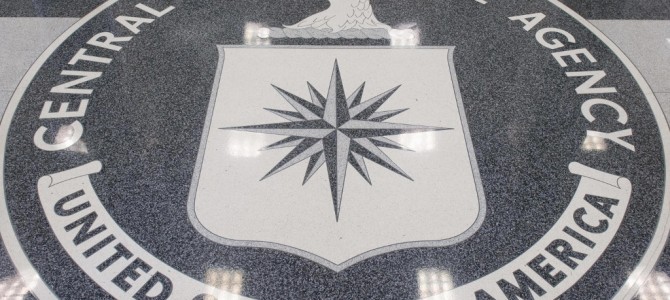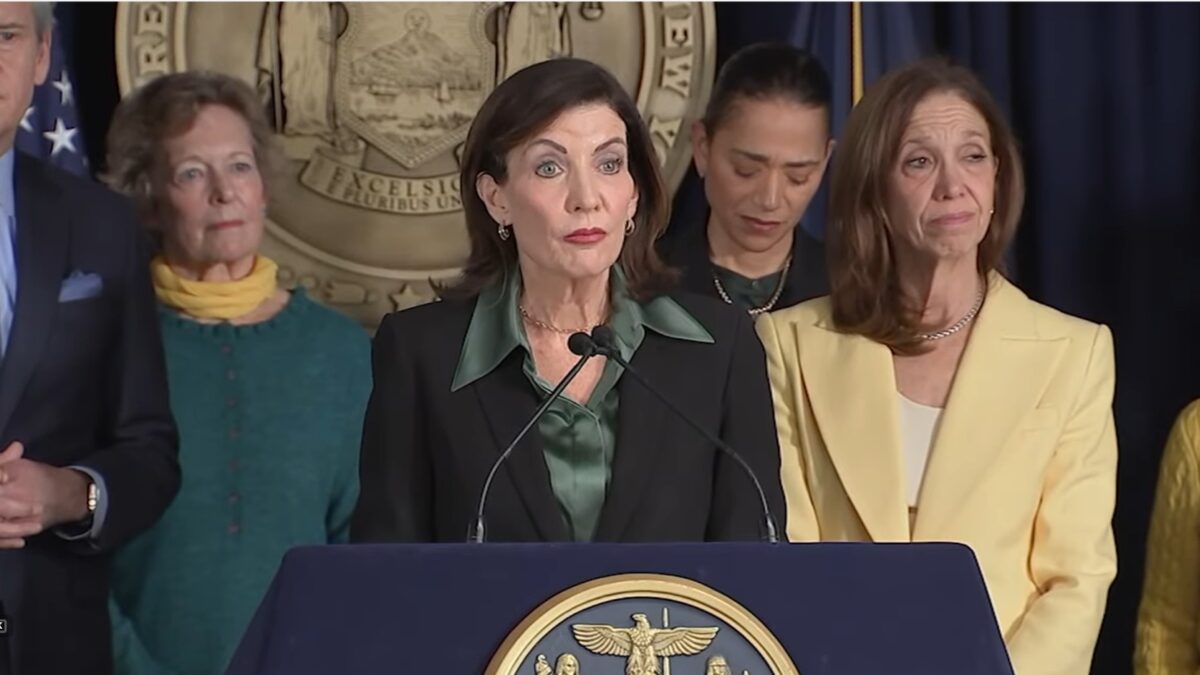
It was a miracle. Mere minutes after its release, pundits already had fully formed opinions about a 500-plus page Senate Intelligence Committee investigation executive summary that attempted to distill over six million pages of CIA documents regarding “enhanced interrogation techniques.”
And here’s the story we’re expected to believe:
The United States built a worldwide torture network that haphazardly pulled in the innocent and not-so-innocent alike. Some of these suspects were left to rot in prisons for no comprehensible reason whatsoever – well, no reason other than to gratify the sadistic needs of their interrogators. This infrastructure of violence was inexplicably sanctioned by an intelligence apparatus which always lied to civilian higher-ups (who are now, conveniently, free of any culpability) while, in the meantime, they failed to produce meaningful information that might have helped save American lives.
Unlikely.
Though many in the media treated the torture report’s findings as a full, non-partisan accounting of the now-defunct CIA interrogation program, it’s beyond credulity to accept that the program never bore any worthwhile results, or that it operated for so many years without the knowledge of any congressional leaders. And that’s for starters.
Now, I oppose torture. And after reading about the sorts of ugly, and possibly lethal, methods interrogators used to extract information, I haven’t changed my mind. It’s inarguable that sometimes the techniques used were ineffective and produced unreliable intelligence. Then again, like the majority of Americans, I don’t claim that torture is unjustifiable under any and all circumstances. These are the sorts of a complicated ethical questions we’ve been debating for a long time. And I don’t trust Democrats (or Republicans) to answer them for us. Since the Democrats’ narrative satisfies every liberal notion about the CIA, the public (certainly, the media) has a reason to be skeptical about the report’s conclusions, scope and purpose.
1: CIA torture did not work.
2: The CIA lied about what it was doing and whether it was working.
3: The CIA did a terrible job running its torture program.
4: The CIA also lied about the brutality of its methods.
Eric Holder could not find any prosecutable offenses had been committed in the interrogation program after years of investigating. But if the report says the CIA misled Congress, why isn’t Dianne Feinstein demanding that the Attorney General reopen the case?
Who knew? Let’s find out. In the Wall Street Journal, former CIA heads claim that the interrogation program was authorized by the highest levels of government. They offer a convincing case that leaders of the Senate and House Intelligence Committees were regularly briefed on specifics between 2002 and 2009. Too bad we can’t put Feinstein or Nancy Pelosi under oath and ask them what they knew. It’s plausible that some of the very politicians who were briefed by CIA were using this report to sermonize us about sanctity of American values this very week.Of course, that’s the real purpose of this report.
Did the program save lives? Let’s find out. The Senate Intelligence Committee report states, “The use of the CIA’s enhanced interrogation techniques was not an effective means of obtaining accurate information.” Yet, current CIA Director John Brennan argues that enhanced interrogation techniques did produce “intelligence that helped thwart attack plans, capture terrorists, and save lives.”
George Tenet, Porter Goss, and a bunch of other former CIA officials who weren’t important enough to have their testimony be part of Senate Intelligence Committee investigation, argue:
Information provided by Zubaydah through the interrogation program led to the capture in 2002 of KSM associate and post-9/11 plotter Ramzi Bin al-Shibh. Information from both Zubaydah and al-Shibh led us to KSM. KSM then led us to Riduan Isamuddin, aka Hambali, East Asia’s chief al Qaeda ally and the perpetrator of the 2002 Bali bombing in Indonesia—in which more than 200 people perished. The removal of these senior al Qaeda operatives saved thousands of lives because it ended their plotting. KSM, alone, was working on multiple plots when he was captured.
Instead of another round of moral preening, why doesn’t our president release the more than 9,000 top-secret documents sought by the Senate Select Committee for the past five years? Obama claims that “our most effective tool in fighting terrorism and keeping Americans safe is staying true to our ideals at home and abroad.” I’m not sure how the assassination of a U.S. citizen, Anwar al-Aulaqi, by drone comports with these high ideals, but surely the most transparent administration of all-time can allow the public more context on torture.
Maybe the program was a moral disaster for the country. Much more likely, the answer is more complicated. Since there will be no threat of criminal prosecutions of those who implemented these programs or those who meted out the interrogations, Democrats only had to worry about the political implications of their presentation. Not justice or the truth.









